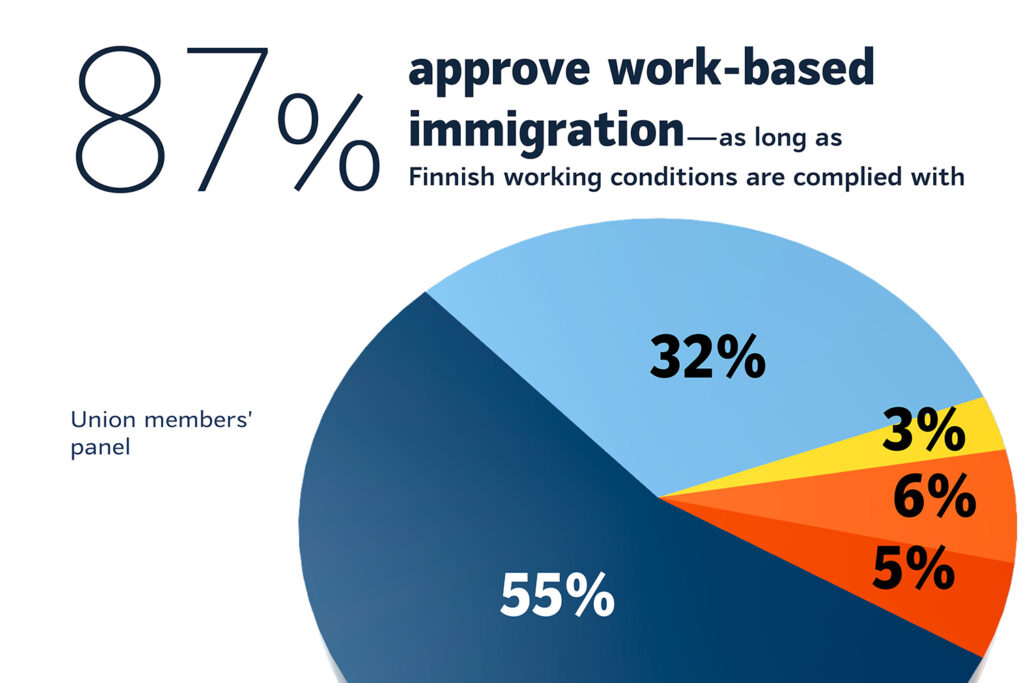Less co-operation, and less pay
The Act on Co-operation within Undertakings is a law that seeks to encourage continuous dialogue in order to develop a long-term relationship between the employer and employees at work. It serves to enhance the culture in which both employees and employers co-operate by respecting each other’s rights and responsibilities.
In 2022, the law was amended. This law strengthened the right of employees to make proposals and present alternative solutions in the change negotiations, “muutosneuvottelut”, regarding layoffs and redundancies.
Now, the right-wing Orpo-Purra Government has rewritten the law, only three years after it was enacted. New rules will be valid from the beginning of July 2025. Unsurprisingly, the new law has been reconstituted only for the benefit of the employers. For workers, the change can bring a loss of thousands of euros.
To date, the law applied to companies with at least 20 employees. Now, the new law raises this limit upwards to 50 employees. For companies with 20–49 employees, there will be separate, less demanding rules.
For the average worker, probably the most important change is cutting the time for change negotiations in half. These are held concerning the reduction of the workforce.
With the new law in place, redundancies or layoffs can begin earlier.
In a company with at least 50 employees, these negotiations can, in future, last from seven days to three weeks, depending on the situation. Up until now, these times were from 14 days to six weeks.
In practical terms, this means a direct removal of money from employees’ pockets to employers. With the new law in place, redundancies or layoffs can begin earlier. Thus, the employer can stop paying salary even three weeks earlier than before.
The experts in the Industrial Union calculate that an employee with a salary of 3,000 euros a month might lose 2,250 euros a year with the new, shorter negotiation time.
Another problem with the shorter negotiation time is whether there will be enough time to really handle employees’ alternative solutions. Employees’ possibility to influence and to be heard will be reduced.
End of the dialogue?
For the companies with 20–49 employees, there will be separate, lighter rules. In 2022, there were 191,000 employees in 6,380 such companies. Some 17,000 of their employees are organised in the Industrial Union.
In the companies with 20–49 employees, change negotiations are now only needed when the employer is considering reducing at least 20 employees over a 90-day period.
The new law will effectively end the change negotiations in these companies. In 2022, there was 1,078 change negotiations in such companies. This was 27 per cent of all change negotiations.
With the new law, the employer will in practice decide how to proceed with the continuous dialogue between the employer and employees. As there is no given model for it, it might prove to be a matter of little importance in many companies.
This will also make the company-level agreements more difficult if employees are not regularly included in the discussions and flow of information.




